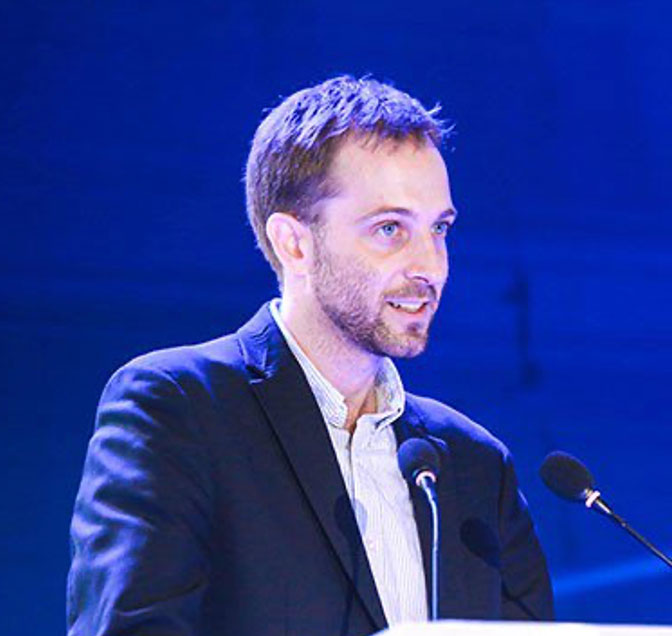Jacob Teter, Transport Energy Analyst, International Energy Agency (IEA), Paris France
Title
The IEA’s Net-Zero by 2050 Scenario
Time
1:40pm - 3:00pm
Location
1605 Tilia, Room 1103, West Village
Abstract
The number of countries announcing pledges to achieve net-zero emissions over the coming decades continues to grow. But the pledges by governments to date – even if fully achieved – fall well short of what is required to bring global energy-related carbon dioxide emissions to net zero by 2050 and give the world an even chance of limiting the global temperature rise to 1.5 °C. The IEA’s 2020 special report is the world’s first comprehensive study of how to transition to a net zero energy system by 2050 while ensuring stable and affordable energy supplies, providing universal energy access, and enabling robust economic growth. It sets out a cost-effective and economically productive pathway, resulting in a clean, dynamic and resilient energy economy dominated by renewables like solar and wind instead of fossil fuels. The report also examines key uncertainties, such as the roles of bioenergy, carbon capture and behavioural changes in reaching net zero. This presentation will focus on the role of the transport sector in achieving net-zero emissions by 2050, the policies and technologies that the IEA sees as most promising, and some details on the modelling that went into the Net-Zero report.
Biographical Sketch
 Jacob Teter joined the International Energy Agency (IEA) as a transport energy modeler and policy analyst in Spring 2015, and now leads IEA’s team of transport analysts in the Energy Technology and Policy Division. In this role, he aims to contribute to the global dialogue on policies to promote the development and adoption of technologies and operations that provide transport services that improve quality of life while minimizing pollutant and greenhouse emissions and other environmental and natural resource impacts. Jacob is among the lead authors of the IEA’s “Future of Trucks” and “Future of Rail” reports, and has contributed to the IEA’s “Net Zero by 2050” report, to the annual Global Electric Vehicle Outlook (GEVO) series, as well as to recent Energy Technology Perspectives (ETP) and World Energy Outlook (WEO) reports, including the special report on Energy and Air Pollution, the special report on Energy and Digitalization, and the Future of Hydrogen. He completed his PhD in Transportation Technology and Policy from the University of California, Davis in 2015.
Jacob Teter joined the International Energy Agency (IEA) as a transport energy modeler and policy analyst in Spring 2015, and now leads IEA’s team of transport analysts in the Energy Technology and Policy Division. In this role, he aims to contribute to the global dialogue on policies to promote the development and adoption of technologies and operations that provide transport services that improve quality of life while minimizing pollutant and greenhouse emissions and other environmental and natural resource impacts. Jacob is among the lead authors of the IEA’s “Future of Trucks” and “Future of Rail” reports, and has contributed to the IEA’s “Net Zero by 2050” report, to the annual Global Electric Vehicle Outlook (GEVO) series, as well as to recent Energy Technology Perspectives (ETP) and World Energy Outlook (WEO) reports, including the special report on Energy and Air Pollution, the special report on Energy and Digitalization, and the Future of Hydrogen. He completed his PhD in Transportation Technology and Policy from the University of California, Davis in 2015.
Thank you for your interest in the UC Davis Institute of Transportation Studies. Subscribe today to keep up with the latest ITS news and happenings.
